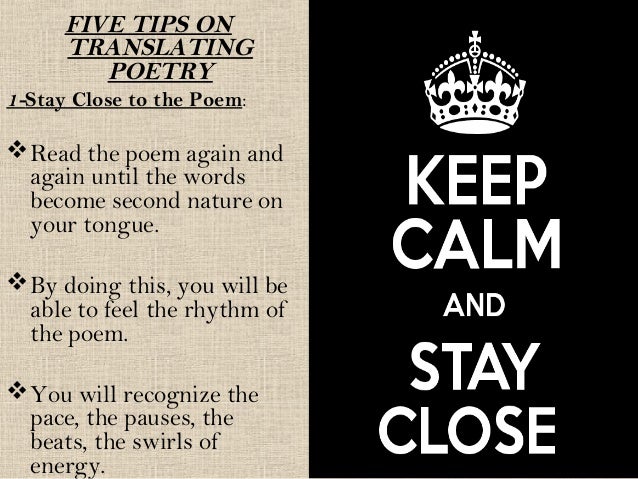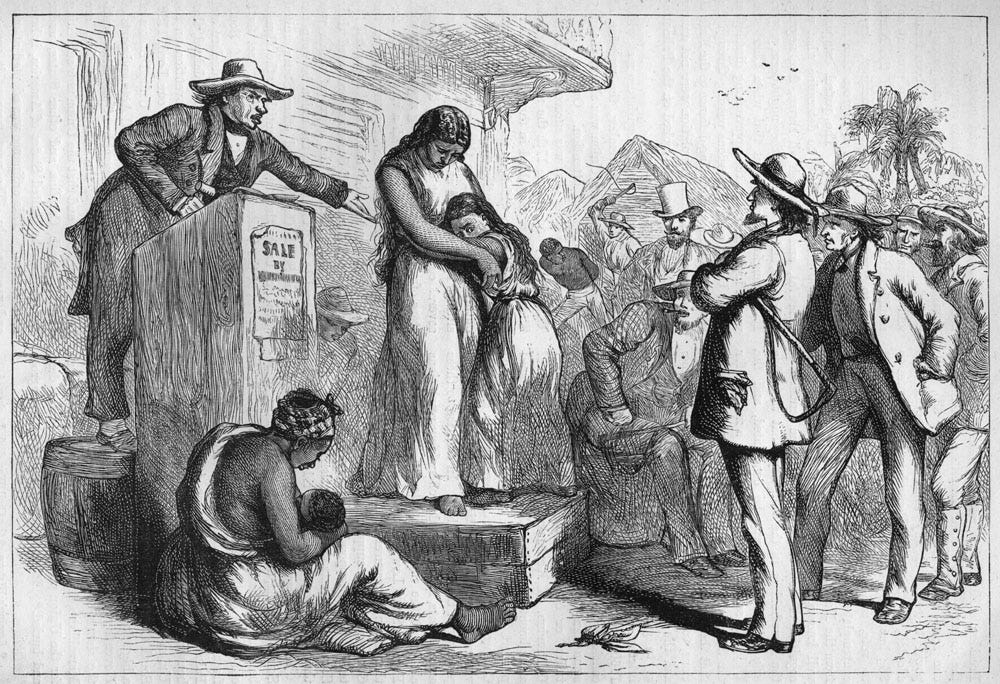1. Přečtěte si úryvek z první kapitoly a vnímejte atmosféru a autorský styl.
2. Dokážete identifikovat případné překladatelské problémy?
3. Pokuste se přeložit tučně vyznačený text. Vložte svou verzi do komentáře k tomu to blogu do úterý 2.10. 12:00.
GOING UP TO
THE ALM-UNCLE
The little
old town of Mayenfeld is charmingly situated. From it a footpath
leads through green, well-wooded stretches to the foot of the heights which
look down imposingly upon the valley. Where the footpath begins to go
steeply and abruptly up the Alps, the heath, with its short grass
and pungent herbage, at once sends out its soft perfume to meet the
wayfarer.
One bright
sunny morning in June, a tall, vigorous maiden of the mountain
region climbed up the narrow path, leading a little girl by the hand. The
youngster's cheeks were in such a glow that it showed even through
her sun-browned skin. Small wonder though! for in spite of the heat,
the little one, who was scarcely five years old, was bundled up as
if she had to brave a bitter frost. Her shape was difficult to
distinguish, for she wore two dresses, if not three, and around her
shoulders a large red cotton shawl. With her feet encased in heavy
hob-nailed boots, this hot and shapeless little person toiled up the
mountain.
The pair had
been climbing for about an hour when they reached a hamlet
half-way up the great mountain named the Alm. This hamlet was called
"Im Dörfli" or "The Little Village." It was the elder
girl's home town,
and therefore she was greeted from nearly every house; people called
to her from windows and doors, and very often from the road. But,
answering questions and calls as she went by, the girl did not loiter on
her way and only stood still when she reached the end of the hamlet.
There a few cottages lay scattered about, from the furthest of
which a voice called out to her through an open door: "Deta,
please wait one moment! I am coming with you, if you are going further
up."
When the girl
stood still to wait, the child instantly let go her hand and promptly
sat down on the ground.
"Are you
tired, Heidi?" Deta asked the child.
"No, but
hot," she replied.
"We
shall be up in an hour, if you take big steps and climb with all
your little
might!" Thus the elder girl tried to encourage her small
companion.
A stout, pleasant-looking
woman stepped out of the house and joined
the two. The
child had risen and wandered behind the old
acquaintances,
who immediately started gossiping about their friends
in the
neighborhood and the people of the hamlet generally.
"Where
are you taking the child, Deta?" asked the newcomer. "Is she
the child
your sister left?"
"Yes,"
Deta assured her; "I am taking her up to the Alm-Uncle and
there I want
her to remain."
"You
can't really mean to take her there Deta. You must have lost your
senses, to go
to him. I am sure the old man will show you the door and
won't even
listen to what you say."
"Why
not? As he's her grandfather, it is high time he should do
something for
the child. I have taken care of her until this summer
and now a
good place has been offered to me. The child shall not
hinder me
from accepting it, I tell you that!"
"It
would not be so hard, if he were like other mortals. But you know
him yourself.
How could he _look_ after a child, especially such a
little one?
She'll never get along with him, I am sure of that!--But
tell me of
your prospects."
"I am
going to a splendid house in Frankfurt. Last summer some people
went off to
the baths and I took care of their rooms. As they got to
like me, they
wanted to take me along, but I could not leave. They
have come
back now and have persuaded me to go with them."
"I am
glad I am not the child!" exclaimed Barbara with a shudder.
"Nobody
knows anything about the old man's life up there. He doesn't
speak to a
living soul, and from one year's end to the other he keeps
away from
church. People get out of his way when he appears once in a
twelve-month
down here among us. We all fear him and he is really just
like a
heathen or an old Indian, with those thick grey eyebrows and
that huge uncanny
beard. When he wanders along the road with his
twisted stick
we are all afraid to meet him alone."
"That is
not my fault," said Deta stubbornly. "He won't do her any
harm; and if
he should, he is responsible, not I."
"I wish
I knew what weighs on the old man's conscience. Why are his
eyes so
fierce and why does he live up there all alone? Nobody ever
sees him and
we hear many strange things about him. Didn't your sister
tell you
anything, Deta?"
"Of
course she did, but I shall hold my tongue. He would make me pay
for it if I
didn't."
Barbara had
long been anxious to know something about the old uncle
and why he
lived apart from everybody. Nobody had a good word for him,
and when
people talked about him, they did not speak openly but as if
they were afraid.
She could not even explain to herself why he was
called the
Alm-Uncle. He could not possibly be the uncle of all the
people in the
village, but since everybody spoke of him so, she did
the same.
Barbara, who had only lived in the village since her
marriage, was
glad to get some information from her friend. Deta had
been bred
there, but since her mother's death had gone away to earn
her
livelihood.
She
confidentially seized Deta's arm and said: "I wish you would tell
me the truth
about him, Deta; you know it all--people only gossip.
Tell me, what
has happened to the old man to turn everybody against
him so? Did
he always hate his fellow-creatures?"
"I
cannot tell you whether he always did, and that for a very good
reason. He
being sixty years old, and I only twenty-six, you can't
expect me to
give you an account of his early youth. But if you'll
promise to
keep it to yourself and not set all the people in Prätiggan
talking, I
can tell you a good deal. My mother and he both came from
Domleschg."
"How can
you talk like that, Deta?" replied Barbara in an offended
tone.
"People do not gossip much in Prätiggan, and I always can keep
things to
myself, if I have to. You won't repent of having told me, I
assure
you!"
"All
right, but keep your word!" said Deta warningly. Then she looked
around to see
that the child was not so close to them as to overhear
what might be
said; but the little girl was nowhere to be seen. While
the two young
women had talked at such a rate, they had not noticed
her absence;
quite a while must have elapsed since the little girl had
given up
following her companions. Deta, standing still, looked about
her
everywhere, but no one was on the path, which--except for a few
curves--was
visible as far down as the village.
"There
she is! Can't you see her there?" exclaimed Barbara, pointing
to a spot a
good distance from the path. "She is climbing up with the
goatherd
Peter and his goats. I wonder why he is so late to-day. I
must say, it
suits us well enough; he can look after the child while
you tell me
everything without being interrupted."
"It will
be very easy for Peter to watch her," remarked Deta; "she is
bright for
her five years and keeps her eyes wide open. I have often
noticed that
and I am glad for her, for it will be useful with the
uncle. He has
nothing left in the whole wide world, but his cottage
and two
goats!"
"Did he
once have more?" asked Barbara.
"I
should say so. He was heir to a large farm in Domleschg. But
setting up to
play the fine gentleman, he soon lost everything with
drink and
play. His parents died with grief and he himself
disappeared
from these parts. After many years he came back with a
half-grown
boy, his son, Tobias, that was his name, became a carpenter
and turned
out to be a quiet, steady fellow. Many strange rumors went
round about
the uncle and I think that was why he left Domleschg for
Dörfli. We
acknowledged relationship, my mother's grandmother being a
cousin of
his. We called him uncle, and because we are related on my
father's side
to nearly all the people in the hamlet they too all
called him
uncle. He was named 'Alm-Uncle' when he moved up to the
Alm."
"But
what happened to Tobias?" asked Barbara eagerly.
"Just
wait. How can I tell you everything at once?" exclaimed Deta.
"Tobias
was an apprentice in Mels, and when he was made master, he
came home to
the village and married my sister Adelheid. They always
had been fond
of each other and they lived very happily as man and
wife. But
their joy was short. Two years afterwards, when Tobias was
helping to
build a house, a beam fell on him and killed him. Adelheid
was thrown
into a violent fever with grief and fright, and never
recovered
from it. She had never been strong and had often suffered
from queer
spells, when we did not know whether she was awake or
asleep. Only
a few weeks after Tobias's death they buried poor
Adelheid.
"People
said that heaven had punished the uncle for his misdeeds.
After the
death of his son he never spoke to a living soul. Suddenly
he moved up
to the Alp, to live there at enmity with God and man.
"My
mother and I took Adelheid's little year-old baby, Heidi, to live
with us. When
I went to Ragatz I took her with me; but in the spring
the family
whose work I had done last year came from Frankfurt and
resolved to
take me to their town-house. I am very glad to get such a
good
position."
"And now
you want to hand over the child to this terrible old man. I
really wonder
how you can do it, Deta!" said Barbara with reproach in
her voice.
"It
seems to me I have really done enough for the child. I do not know
where else to
take her, as she is too young to come with me to
Frankfurt. By
the way, Barbara, where are you going? We are half-way
up the Alm
already."
Title: Heidi
Author:
Johanna Spyri
Translator:
Elisabeth Stork
Philadelphia
and London j.b. Lippincott company 1919






